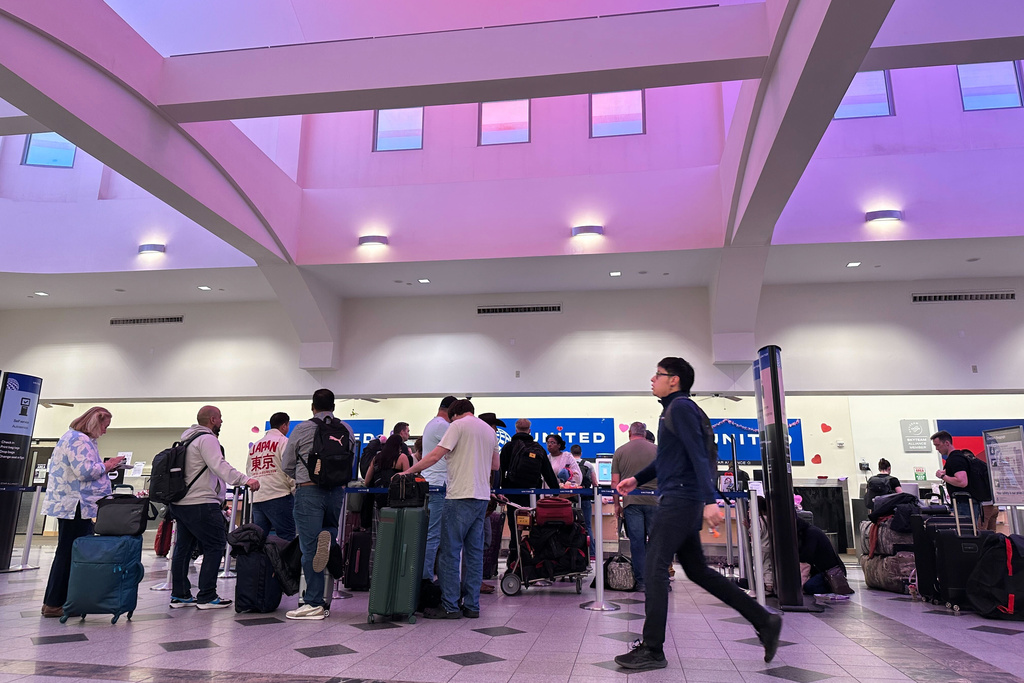Stephanie "Soultree" Anne Ladrera Camba, 27, has many labels: She's a Chicagoan, a DACA recipient, a singer, an artist and a Filipino. But the one that hits hard is being labeled an "undocumented immigrant."
Soultree utilizes her songs to express the emotional turmoil she faces day to day. During a performance in Chicago, she held a clenched fist in the air in a somewhat defiant stance and sang: "They wanna separate us, criminalize and debate us. We won’t allow it we won’t allow it our fists are too high in the clouds."
Soultree is one of nearly 800,000 DACA recipients. As President Donald Trump declares an end to the program and as politicians debate a legislative fix, young undocumented immigrants protected by the program, like Soultree, face an uncertain future. She pours her emotions, fears and insecurities into her music. She urges her listeners to stay strong and motivated.
 Stephanie "Soultree" Camba
Stephanie "Soultree" Camba
Soultree was born in the Philippines. When she was 11 years old, her family moved from the Marshall Islands in the Pacific Ocean and flew to the United States. Her family settled in Chicago for a better life. She has lived in the U.S. illegally ever since.
"It's just a lot of secrecy," she said. "It's a lot of not knowing. ... Me and my sister didn't know we were undocumented."
Soultree found out she was undocumented her freshman year of high school when her older sister was applying to colleges. Soultree ended up going to college, where she met other undocumented immigrants. She became an activist, but shared that she now prefers singing into a microphone instead of screaming into a loudspeaker.
"Performing is a political act for me because I'm constantly being silenced and told to not share what I'm sharing," Soultree said. "Connecting with others is really doing the work, the real work that will bring us to the path of oneness. I believe coming to this place of, 'I will no longer dehumanize you because I no longer dehumanize myself.'"
 Newsy/Ben Schamisso
Newsy/Ben Schamisso
Soultree also said: "To know the feeling of illegality, like, that is a distinct feeling in your being. Your body becomes a criminalized thing, especially in a Filipino context. It makes you even more diligent, skeptical. It can be silencing."
When asked where home was, Soultree said, "Home is in my body right now, in my spirit in my heart. It doesn't really exist in a place for me. It's constantly shifting, and I have so many homes, physical homes that I love deeply that I may not have the right to go to, you know? But I've learned to also make a home in myself so I could live and just survived."
Soultree is currently working on her legal status. Her recent marriage to a longtime friend, Derek Cannon, may aid in that process; Cannon, an American, is a recording and mixing engineer. Although that marriage doesn't necessarily guarantee citizenship, she says it doesn't change her resolve to speak and sing for others just like her. She adds that she wants her music to connect to listeners, regardless of immigration status.
Immigration is a heavy issue, and Soultree wants to lighten the conversation. In one of her songs she sings, "It ain't that serious after all."




 This Immigrant Is Fighting Chicago Police Over Alleged Gang List Error
This Immigrant Is Fighting Chicago Police Over Alleged Gang List Error A Comic Book Helps Immigrant Kids Talk About Fears Of Deportation
A Comic Book Helps Immigrant Kids Talk About Fears Of Deportation






